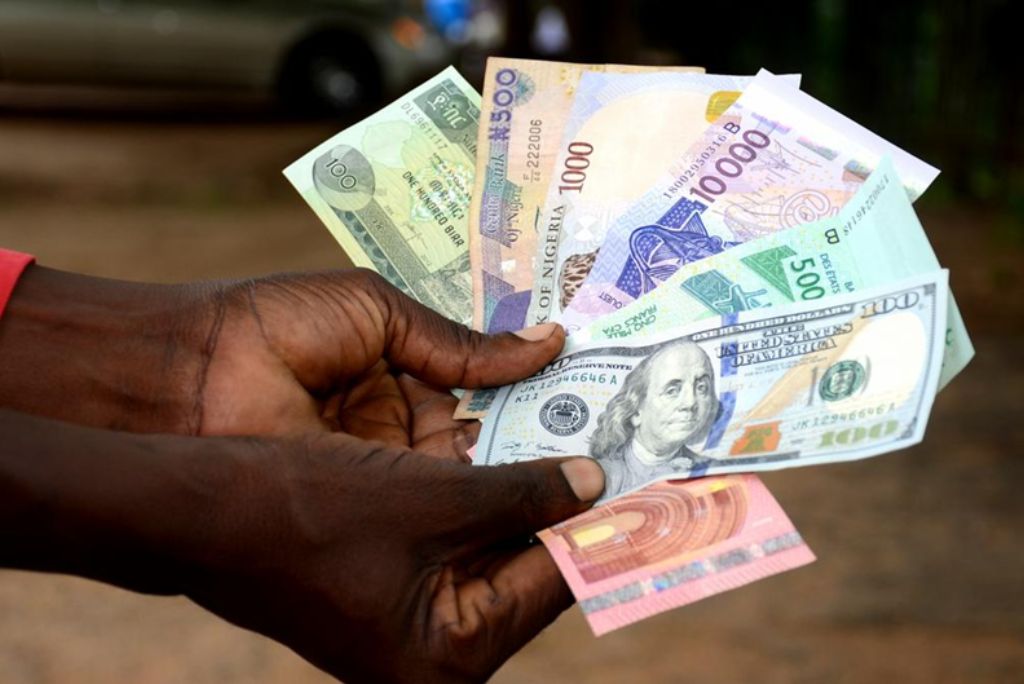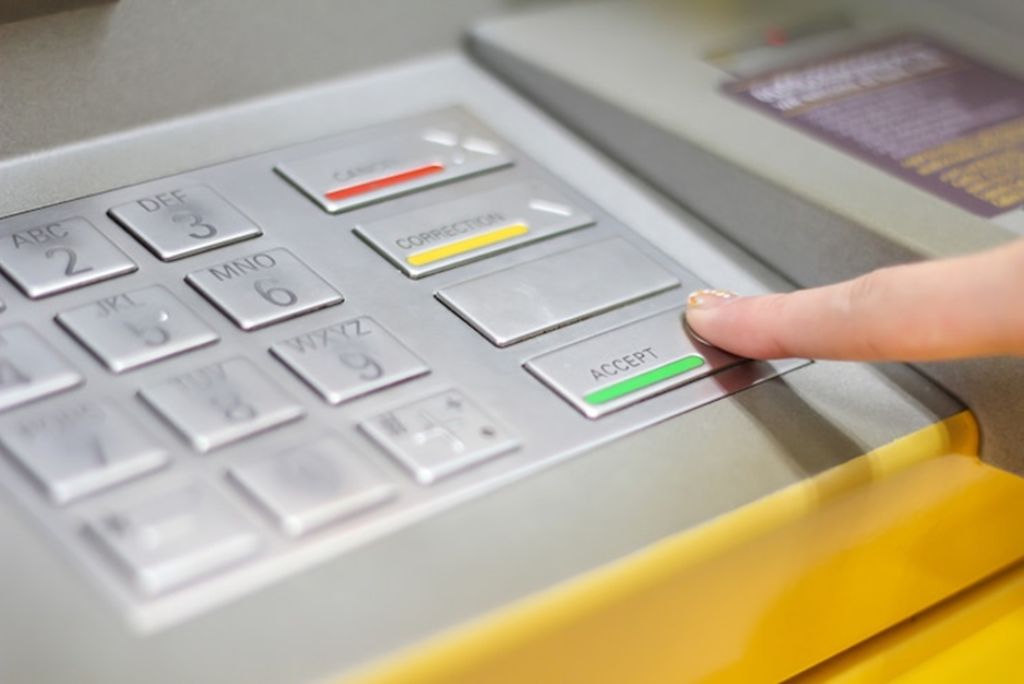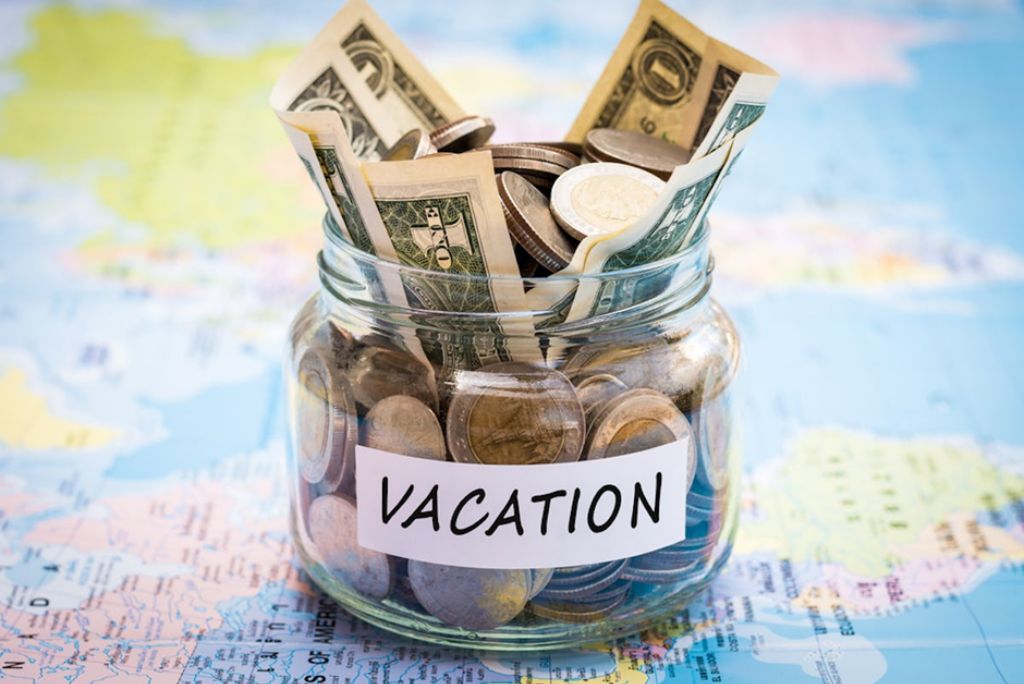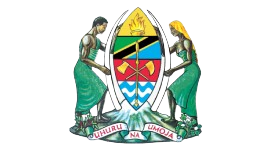What to Know About Tanzania’s Plastic Ban Before Your Safari Tour?
In Safari

June 14, 2025
A lot of people who are planning a safari in Tanzania look forward to the exciting game drives, the huge golden fields, and the chance to get close to lions, elephants, and leopards. But there’s another part of the Safari Tours in Tanzania that often shows up once after your plane lands: these are the money matters.
How much cash should you carry? What currency works best? Will credit cards be enough? These questions may not feel as exciting as your upcoming game drive, but trust this — getting your finances in order will save you from last-minute stress while you’re trying to enjoy your Tanzania Safari Holidays.
In this read, we’ll walk through all the essential Money Tips For Safari Tours In Tanzania — from what currency to use, where to exchange, to how to budget and handle payments once you’re deep into the wild.
You’ll quickly learn how to use the Tanzanian Shilling (TSh) once you get to Tanzania. This is the national currency and the way most people pay for things, especially outside of big towns.
Some fancy hotels, lodges, and safari companies may take U.S. dollars or even euros, but it’s always better to bring local cash with you for small purchases, souvenirs, and markets.
| Currency Type | Usage | Notes |
| Tanzanian Shilling (TSh) | Most widely accepted | Use for most purchases |
| U.S. Dollars (USD) | Accepted in many tourist areas | Preferably, new bills (post-2006) |
| Euros / Pounds | Occasionally accepted | Less common than USD |
| Credit Cards | Widely accepted in major hotels & safari operators | Visa preferred; MasterCard secondary |
| Traveller’s Cheques | Rarely accepted | Not recommended |
Money mistakes are often made before travellers even board their flight. A little preparation can go a long way to avoid financial hiccups on your Tanzania Wildlife Safari.

You’ve just landed, you’re excited, but before you even exit the airport, you’ll need cash for one very important thing: This is your entry visa. The Tanzania Visa Costs at the entry are as follows:
ATMs are available in major arriving cities such as Arusha, Dar es Salaam, and Kilimanjaro International Airport, however, you may want to bring some local money or small USD bills to cover your early expenses.
Once in Tanzania, you’ll notice that ATMs are limited outside major cities. Most machines have a withdrawal limit of 400,000 Tanzanian Shillings per day (roughly USD 150–USD 200, depending on the rate).
Tip: Avoid exchanging money with street vendors or unofficial agents. Stick to authorised Currency Exchange Tanzania bureaus for fair rates and safety.

Once you leave the cities and head into national parks for your Safari Tours in Tanzania, having cash on hand becomes more important.
Always carry a bit more shillings than you think you’ll need, especially if you plan to visit smaller villages or remote regions.
Creating a Tanzania Safari Travel Budget ahead of time will help ensure you’re well-prepared for both planned and surprise expenses.
| Expense Type | Notes |
| Safari Package | Includes accommodation, park fees, guide services, and transport |
| Flights | International and domestic are not always included |
| Visa Fees | Paid upon arrival |
| Meals | Often included on safari, extra meals in cities may be separate |
| Tipping | Guides, drivers, and porters |
| Souvenirs | Maasai markets, local crafts |
| Extras | Drinks, laundry, and personal items |
We’ve included this breakdown because when you’re thinking about Money Tips for Safari Tours in Tanzania, it’s not just about how much cash to bring or what currency to use — it’s about understanding where your money will go.
Safaris involve many bundled charges, but there are still several minor, unexpected expenses that might catch travellers by surprise. Having a clear view of these costs from the start allows you to create a wise, realistic travel budget, so you don’t have to worry about money while you could be out enjoying nature.
One common question for travellers is How Much Should You Tip on a Tanzania Safari? While tipping isn’t mandatory, it’s an important part of the tourism culture and highly appreciated. Here’s a general guideline:
Tipping can be done in either USD or Tanzanian shillings. Make sure you carry small denominations for convenience.

Out in the wild, safety isn’t just about protecting yourself from the wild animals. You should also think about protecting your money.
Keep some money in your day bag, some in your room safe, and a backup stash hidden in luggage.
When shopping at local Maasai markets or craft stalls, bargaining is part of the culture. Merchants expect a bit of back-and-forth but always keep it friendly and respectful.
Basic tips for negotiating:
Do remember, what feels like small money to you could make a meaningful difference to the seller.
Handling money may not be the most exciting aspect of your Tanzania Safari, but it is one of the most important. A little planning—the proper currency, a decent balance of cash and cards, knowing where ATMs are, and having a safe technique for carrying your funds—can make your trip much smoother.
If you want to buy a delicious Maasai shuka, tip your guide after a great game drive, or pay for a cool drink at your camp after a long day in the bush, you’ll be glad you sorted your Money Tips for Safari Tours in Tanzania ahead of time.
Now that you know these things, you can focus on the real reason you came: seeing the wild beauty that only a Tanzania Safari Vacation with Africa Exotic Holidays can offer.
Experience Africa like never before—your journey, your way. Every trip is thoughtfully tailored to match your personal desires, while we take pride in preserving the breathtaking landscapes and vibrant wildlife for generations to come.







Copyright © 2025 Africa Exotic Holidays, All Right Reserved. Designed By Safari Marketing Pro